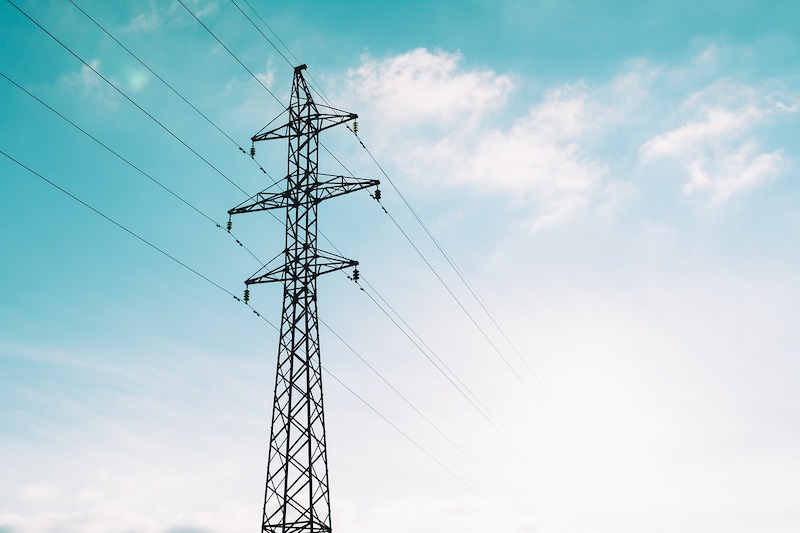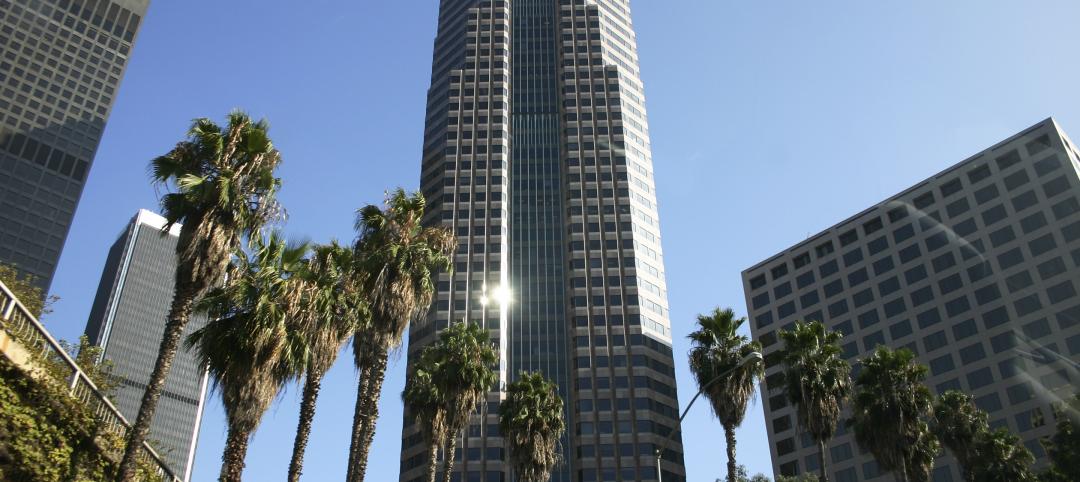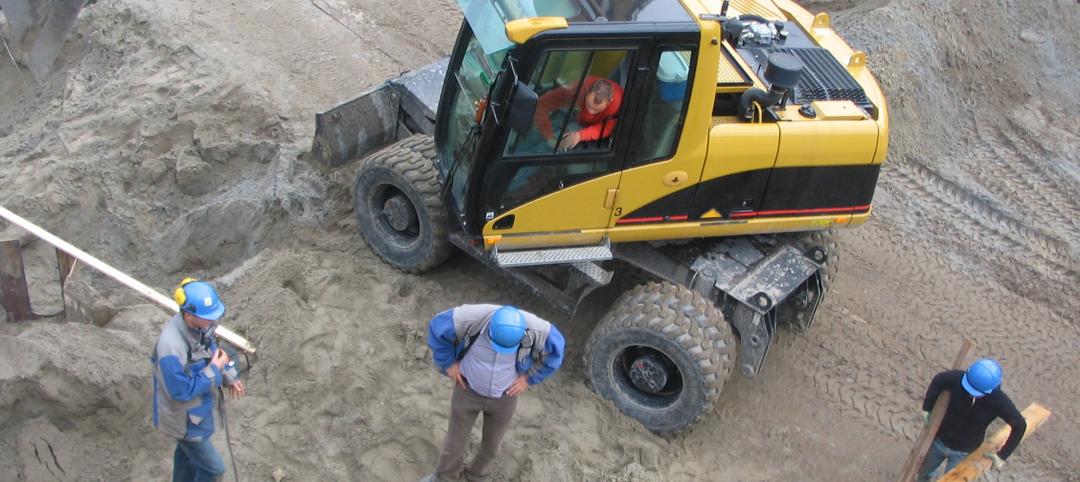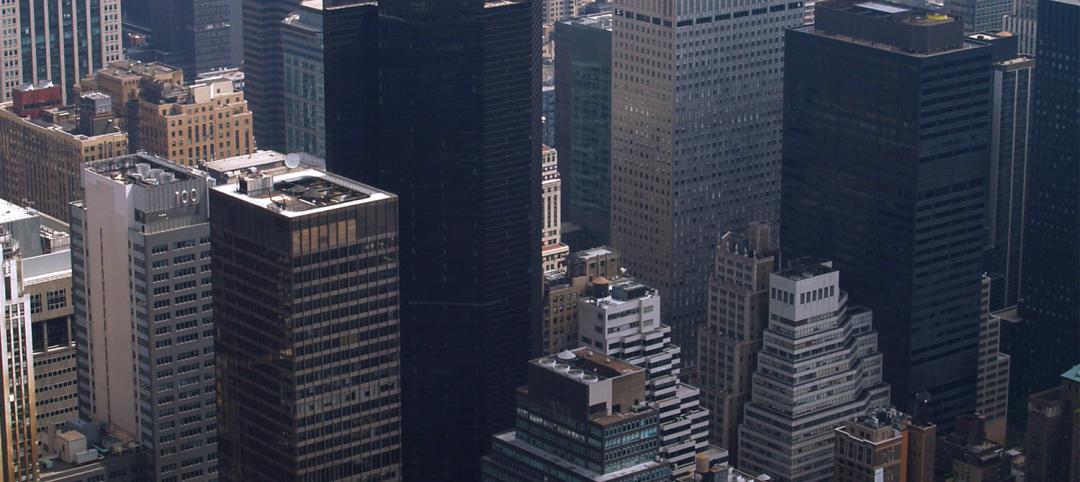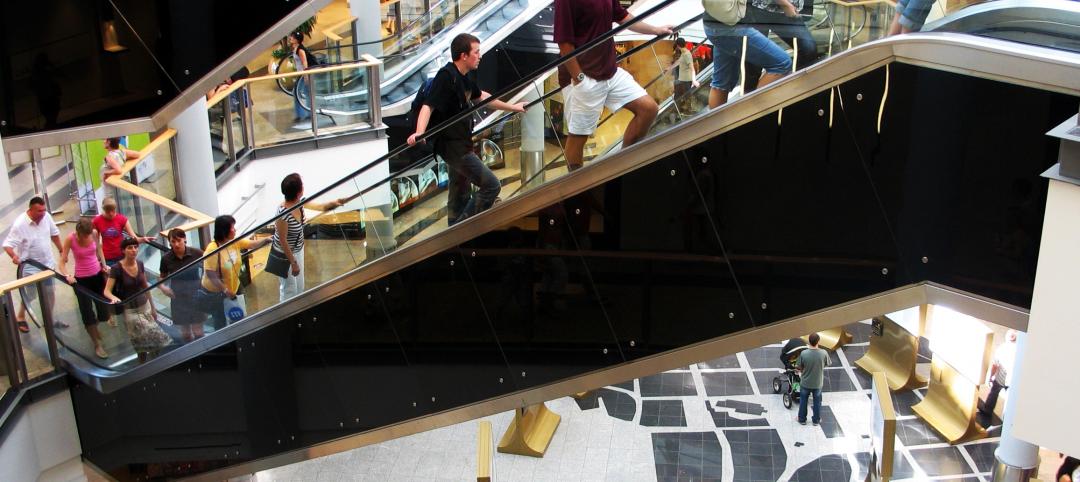U.S. states are making a concerted effort to boost energy efficiency, with some promoting electric vehicles, efficient products, smart buildings, cold climate heat pumps, and zero-energy building codes.
Those are some of the findings from the 2019 State Energy Efficiency Scorecard, released by the American Council for an Energy-Efficient Economy (ACEEE). Since the publication of the 2018 International Energy Conservation Code, Maryland, Massachusetts, Nebraska, Illinois, and Ohio have adopted the updated code, with several other states considering adoption.
In addition, over the past year, Nevada, New Mexico, Washington, New York, and Maine passed 100% clean energy goals, along with plans to increase efficiency investment. A record number of states adopted new efficiency standards for a variety of products and equipment, some in direct response to the federal rollback of standards for light bulbs, ACEEE says.
The most energy efficient states remained Massachusetts and California. Maryland was the most-improved state. Kentucky, North Dakota, and Wyoming lagged behind the other states in promoting energy efficiency.
Related Stories
| Oct 28, 2011
Los Angeles County mulling building codes for improving health
An ordinance would amend county building codes to promote better walking environments, encourage more bicycling, improve access to healthy foods (farmers markets, community gardens), and enhance project review requirements to ensure that developers include healthy-lifestyle components in their building plans.
| Oct 28, 2011
Bipartisan opposition to federal 3% withholding for contractors
Both major political parties and the Obama Administration support repealing a law that would withhold 3% of all government contracts.
| Oct 28, 2011
OSHA requires training module on top causes of construction deaths
The Occupational Health and Safety Administration (OSHA) now requires a training module on the top four causes of death for construction workers.
| Oct 28, 2011
New York City requiring building energy use to be posted online
Owners of every New York City commercial and residential building larger than 50,000 sf will have to post each building’s energy use online by 2013.
| Oct 28, 2011
New ISO standard for escalator safety
A new ISO standard specifies safety requirements for escalators and moving walks.
| Oct 20, 2011
LEED 2012 to require real-time energy, water use reporting
The LEED 2012 rating system, set to launch in November 2012, will contain features to make sure buildings function as intended, and improve over time.
| Oct 20, 2011
New York City moving to speedier, online design reviews
New York City is moving towards a development design review process that will let officials and developers review blueprints for new projects online in a virtual conference room rather than in person.
| Oct 20, 2011
Michigan bill would let private firms operate as a city’s building department
Michigan House Bill 5011 would change state’s building code to allow private companies to operate as a municipality's building department.
| Oct 20, 2011
Alabama’s strict immigration law drives away construction workers
Alabama's strict new immigration law is driving many construction workers and roofers from the state.
| Oct 20, 2011
Fed bill would allow school rehab funding via historic tax credits
Virginia Sens. Jim Webb (D) and Mark Warner (D) introduced a bill this month to rehab aging schools across the country through the use of historic tax credits.


